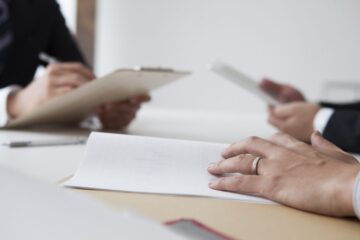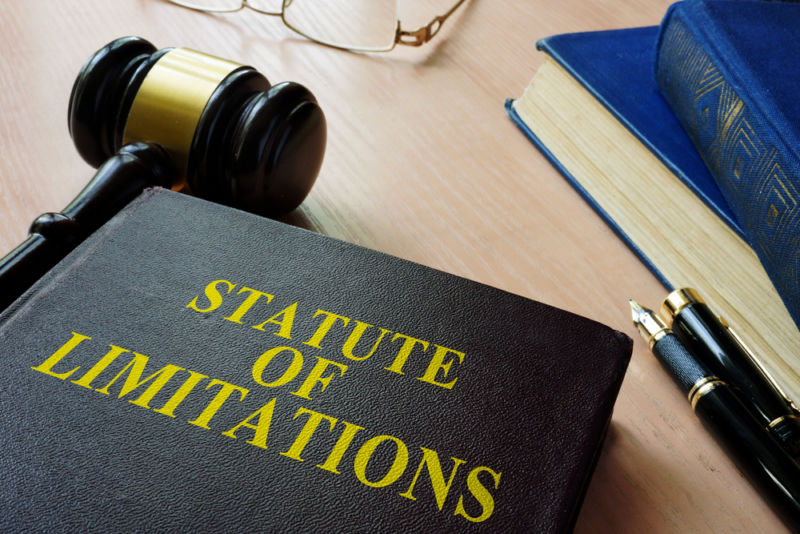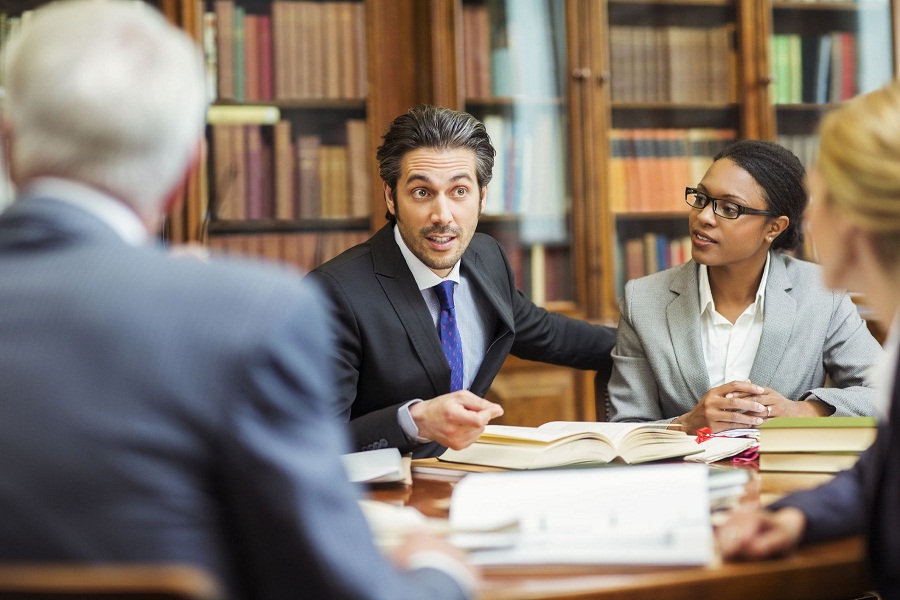Role of criminal defence lawyers in criminal trials

After a person is arrested, the criminal defense lawyer begins investigating the case to understand both the prosecution’s evidence and any potential weaknesses. It includes interviewing witnesses, collecting documentation, visiting the crime scene, and working with investigators to gather additional evidence. The investigation stage is crucial for identifying any holes in the prosecution’s case.
Advising the client
Defense lawyers advise their clients on the legal process and the options they face. They explain the potential penalties if convicted and lay out strategies for seeking an acquittal or negotiating a plea bargain. The lawyer must also discuss risks associated with different routes, such as taking a stand. This advice empowers the defendant to make informed choices during the judicial process. Defense lawyers frequently file motions before the trial asking the judge to throw out certain prosecution evidence or statements that may violate the defendant’s constitutional rights. For example, if the police violated the law to obtain a confession, the mississauga criminal defence lawyers will request that the confession be excluded from trial. If pretrial motions succeed, they weaken the prosecution’s case.
Plea bargaining
The vast majority of criminal cases end with plea bargains rather than trials. An experienced criminal defense lawyer negotiates with prosecutors to get the best deal possible. It involves going back and forth proposing different punishments or prison times until both sides find an acceptable compromise. Criminal defendants rely heavily on their lawyers to secure the most lenient punishment. During jury selection, defense lawyers have some ability to shape the makeup of the jury to remove biased members. They have several peremptory challenges to dismiss potential jurors without specifying a reason. Lawyers attempt to remove individuals likely to judge their clients harshly and select jurors more inclined to accept their arguments. An impartial jury without preconceptions is critical.
Making opening statements
Opening statements allow each side to present their core arguments to the jury before calling witnesses. The criminal defense lawyer’s opening statement previews their theory of the case and key evidence they believe raises reasonable doubt of guilt. These lawyers must be careful not to overpromise or make statements they cannot later substantiate in the trial. The important role of a criminal defense lawyer is cross-examining prosecution witnesses. This involves aggressively questioning witnesses about inconsistencies, potential biases, gaps in memory, or statements contradicted by evidence. Leading questions are used to poke holes in testimony damaging to the defendant. Effective cross-examination sows seeds of doubt.
Presenting evidence
While prosecutors carry the burden of proving guilt beyond a reasonable doubt, defense lawyers also actively present evidence. They call expert witnesses when needed to contradict forensic or technical evidence introduced by the state. Character witnesses who praise the defendant may be used. The defendant also has the option to testify, and the defense lawyer must prepare them to tell their story while standing up to intense cross-examination. At the trial’s conclusion, closing arguments are the final opportunity to persuade the jury before deliberations. The defense lawyer meticulously reviews all the evidence and testimony presented during the trial to explain how the burden of proof was not satisfied. This frequently highlights discrepancies that create reasonable doubt about guilt. Eloquent closing arguments make all the difference.












